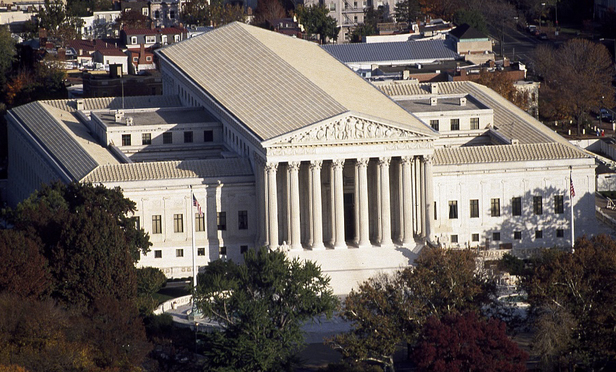In Young v. United Parcel Services, No. 12-1226, the U.S. Supreme Court will decide the appropriate standard to apply in determining whether an employer has violated the Pregnancy Discrimination Act. More specifically, the court will determine under what circumstances pregnant employees are entitled to work accommodations that are provided to their non-pregnant coworkers.
Congress enacted the Pregnancy Discrimination Act (PDA) in 1978 to overturn the Supreme Court’s decision in General Electric v. Gilbert, 429 U.S. 125 (1976). Gilbert held that discrimination on the basis of pregnancy was not sex discrimination under Title VII of the Civil Rights Act of 1964 because the class of non-pregnant persons includes members of both sexes. The PDA expressly broadened Title VII’s definition of sex discrimination:
This content has been archived. It is available through our partners, LexisNexis® and Bloomberg Law.
To view this content, please continue to their sites.
Not a Lexis Subscriber?
Subscribe Now
Not a Bloomberg Law Subscriber?
Subscribe Now
LexisNexis® and Bloomberg Law are third party online distributors of the broad collection of current and archived versions of ALM's legal news publications. LexisNexis® and Bloomberg Law customers are able to access and use ALM's content, including content from the National Law Journal, The American Lawyer, Legaltech News, The New York Law Journal, and Corporate Counsel, as well as other sources of legal information.
For questions call 1-877-256-2472 or contact us at [email protected]



